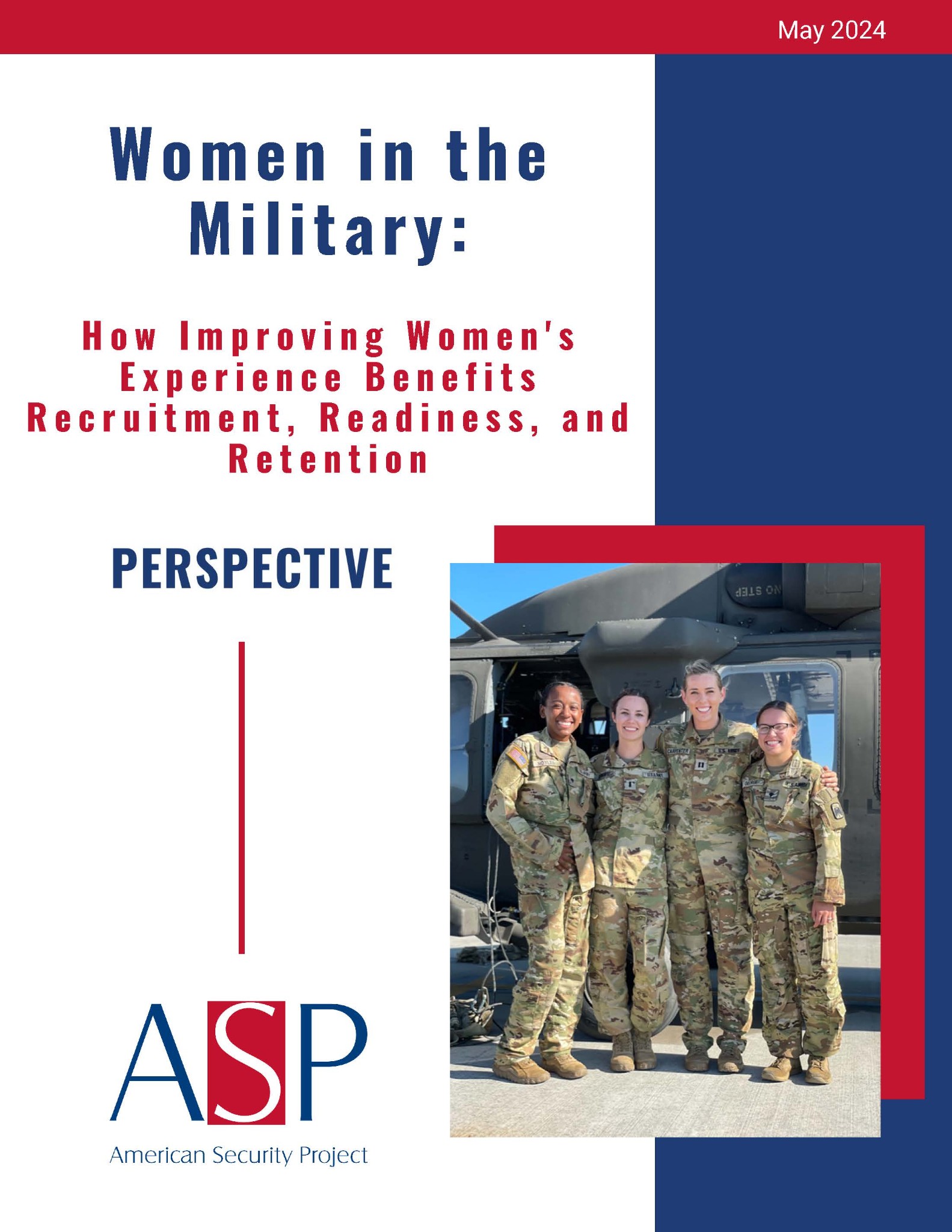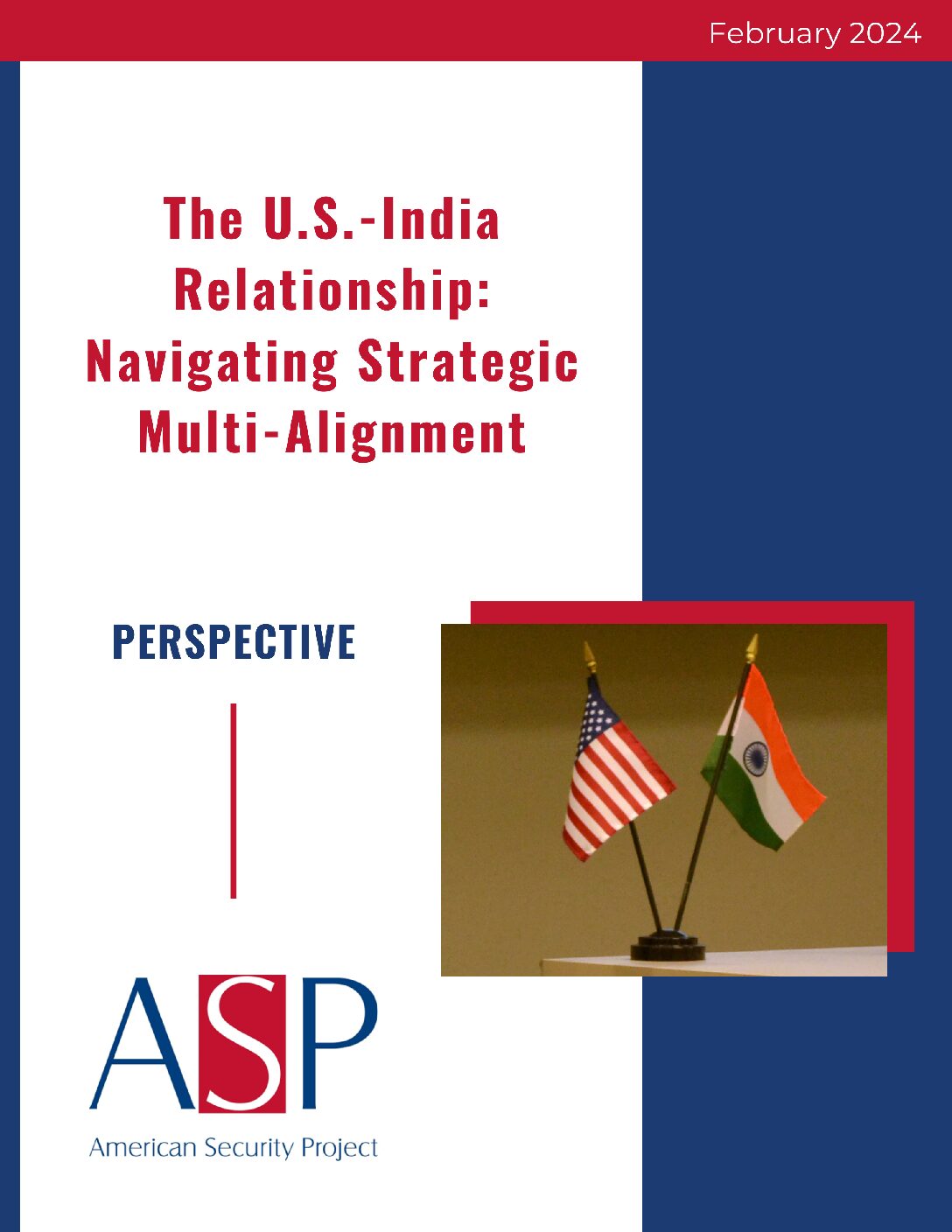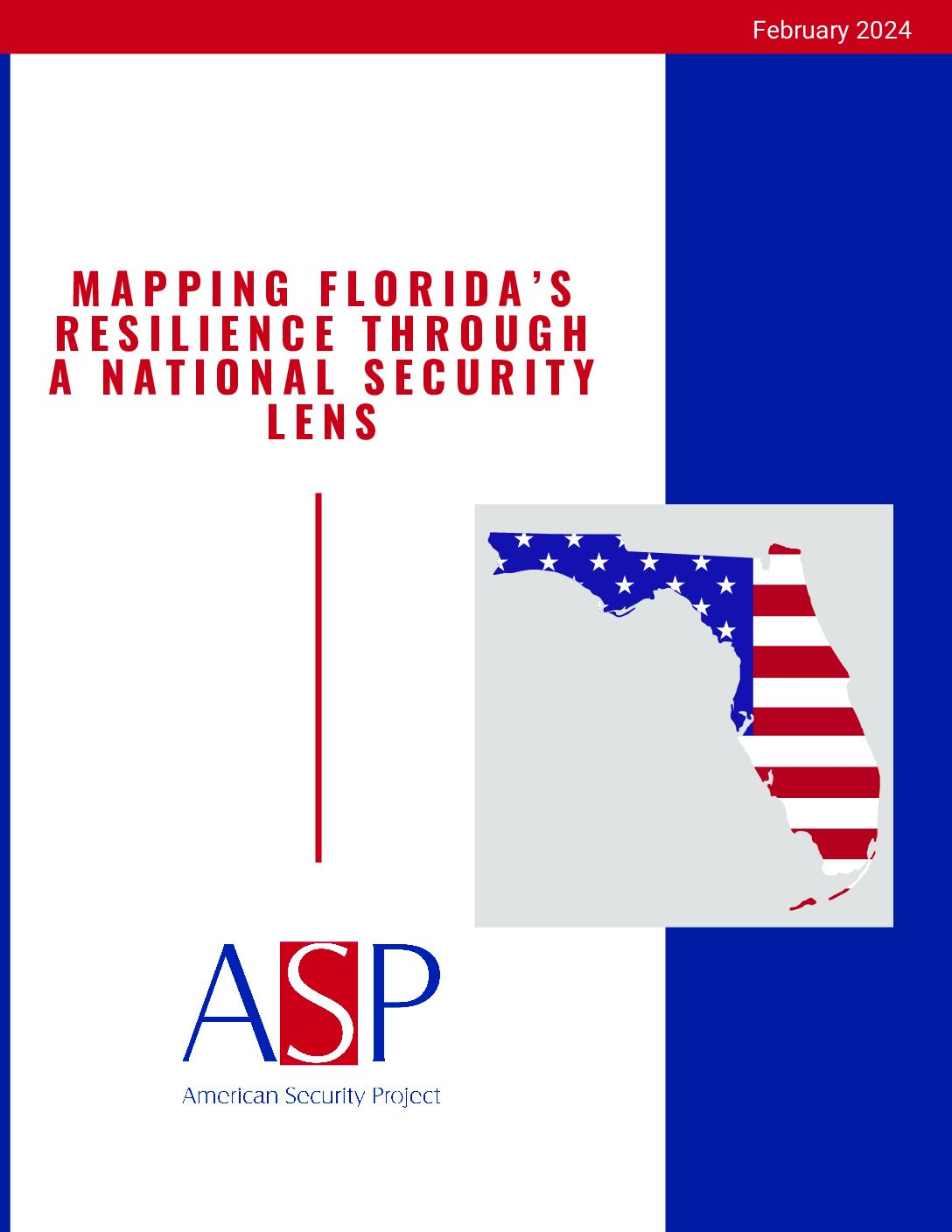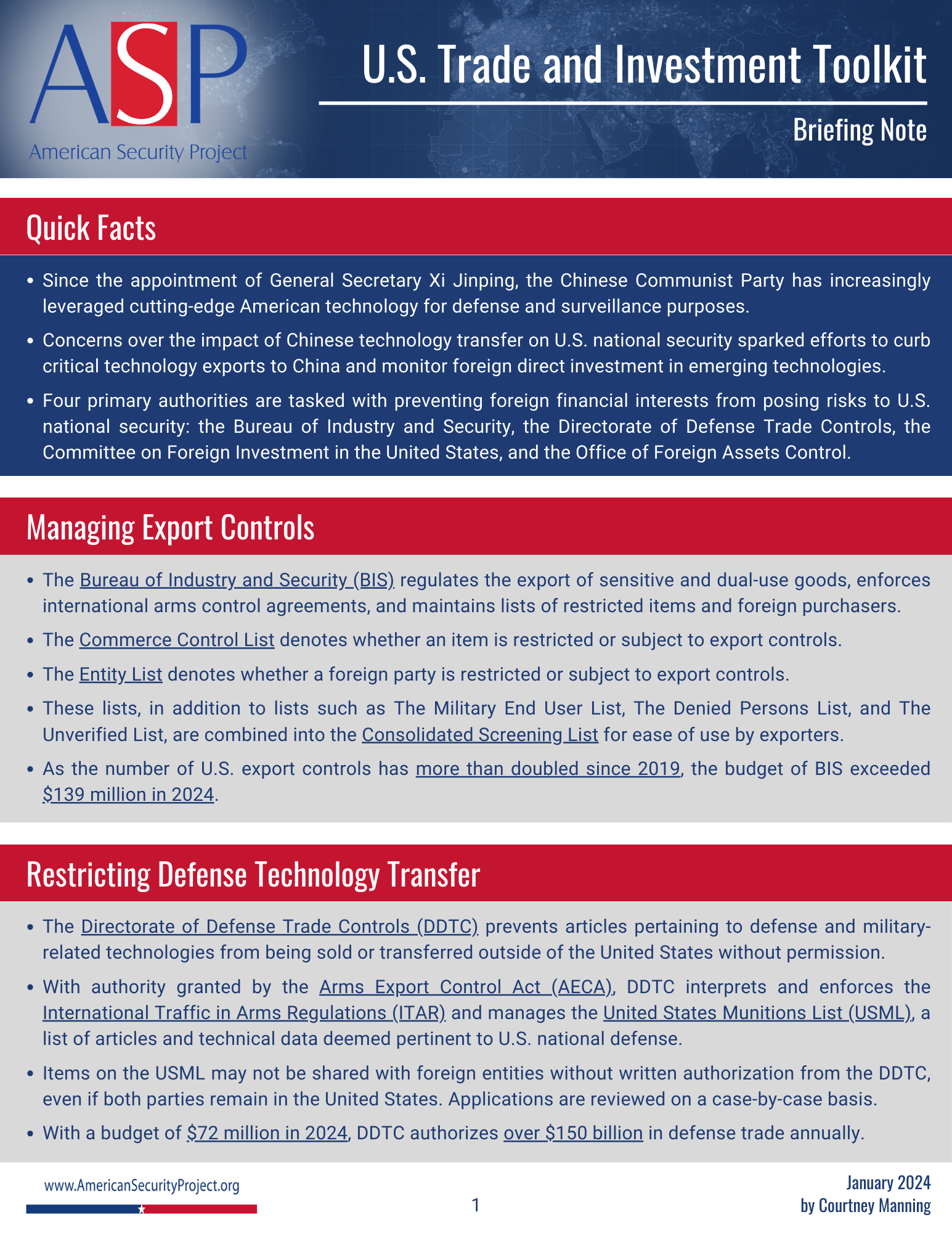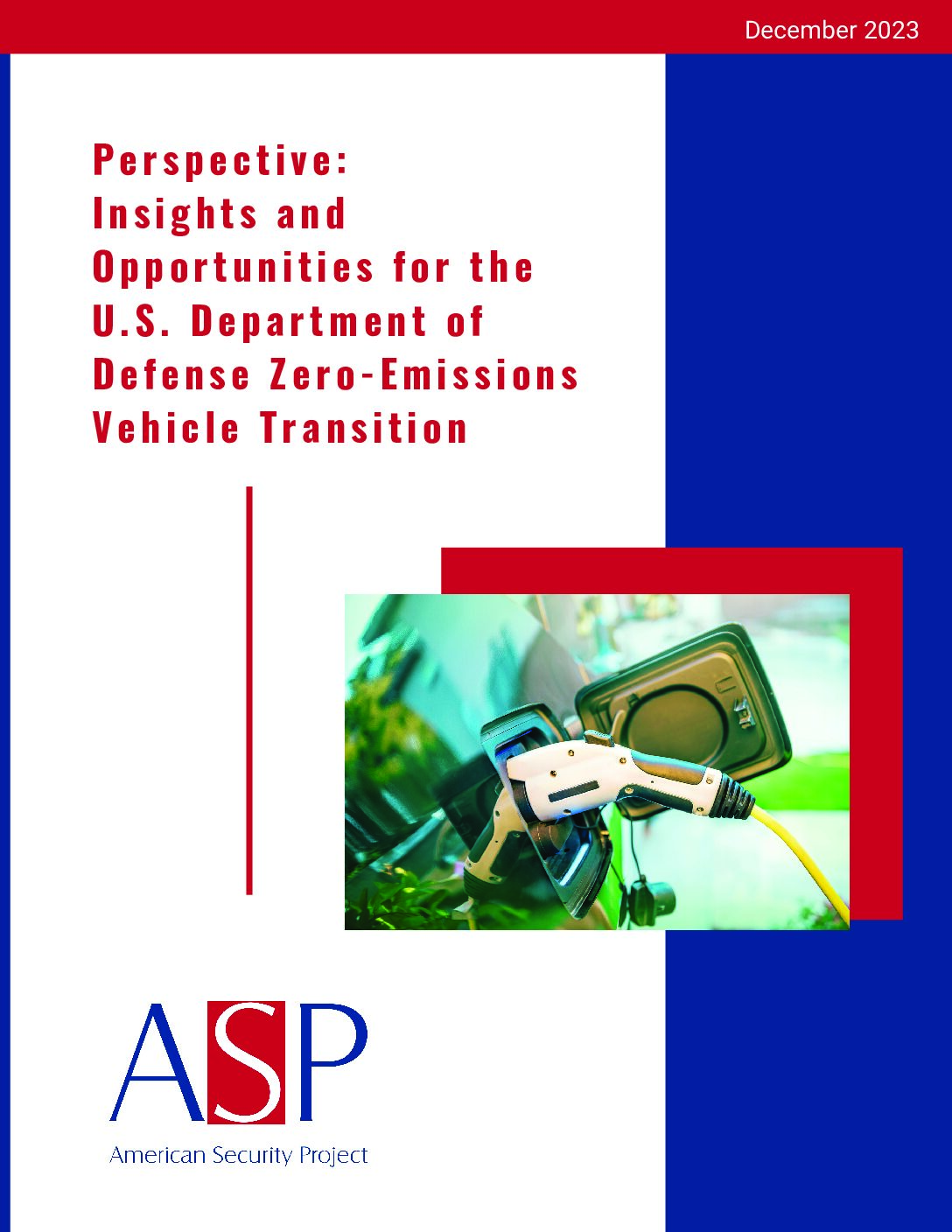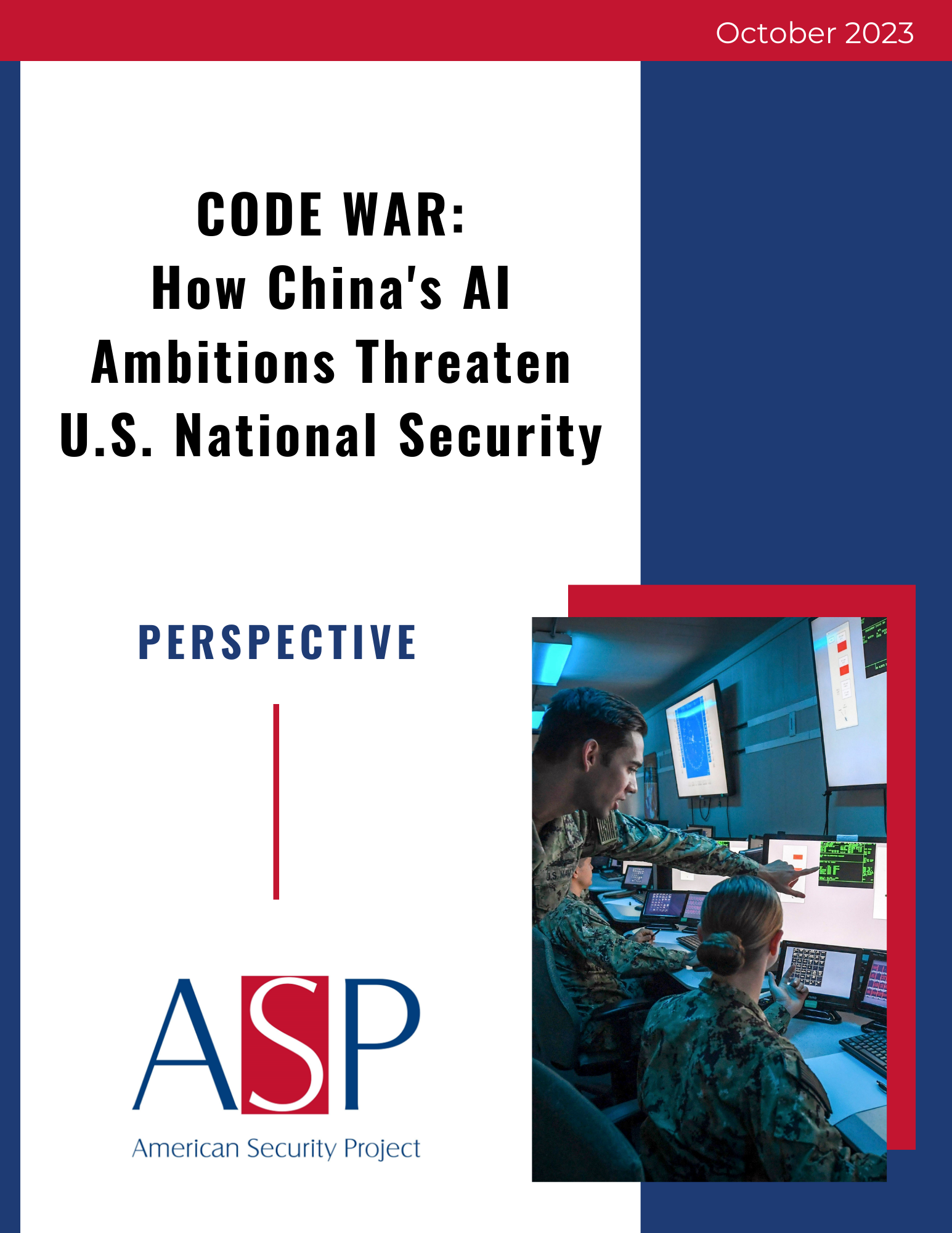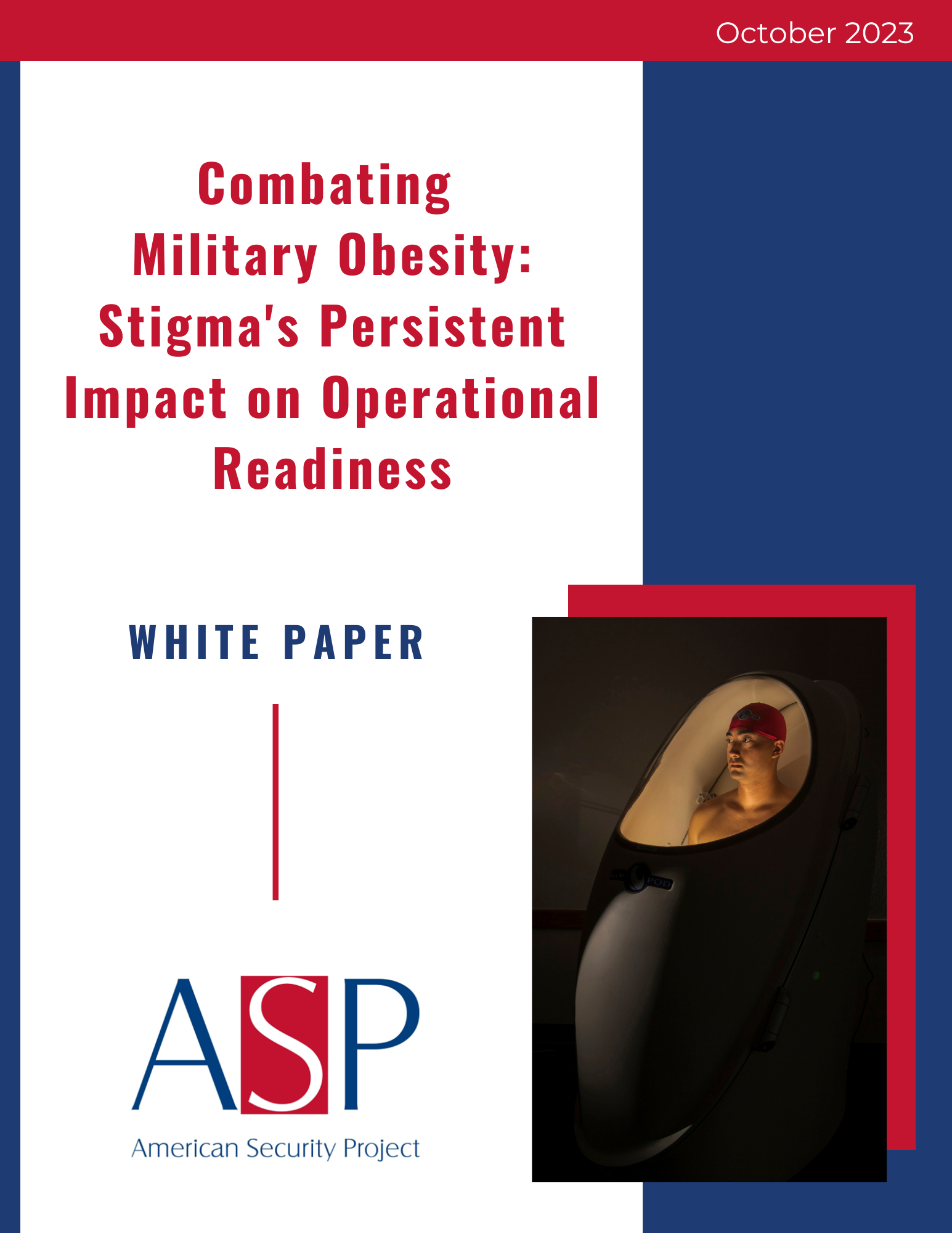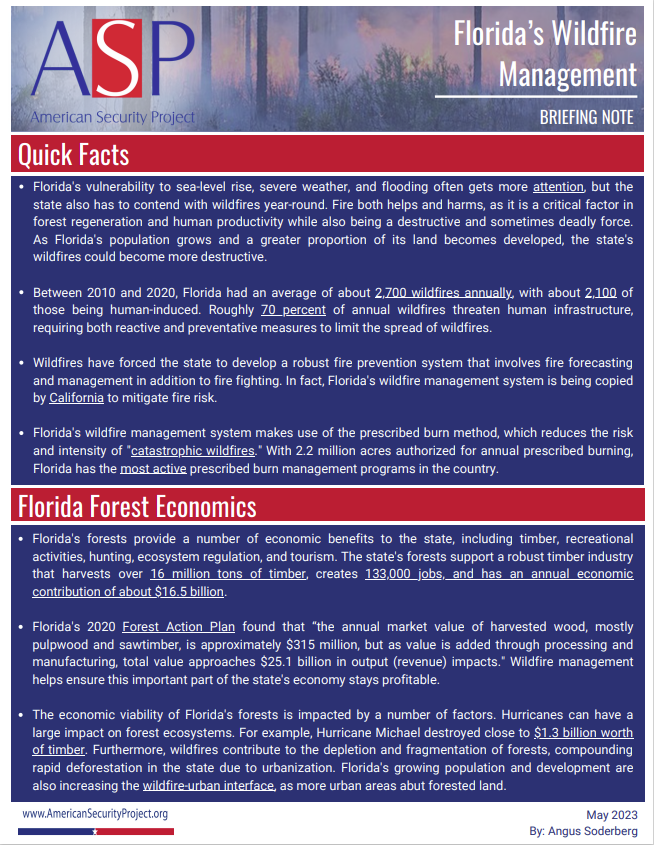Fracking, coal divestment, and the war in Ukraine have significantly increased the supply of and demand for U.S. LNG since 2016. While U.S. liquified natural gas exports temporarily provide a stable and flexible energy supply to international markets, gas is a nonrenewable resource vulnerable to pricing fluctuations and political risk, making it an unstable long-term energy source. Read more...


